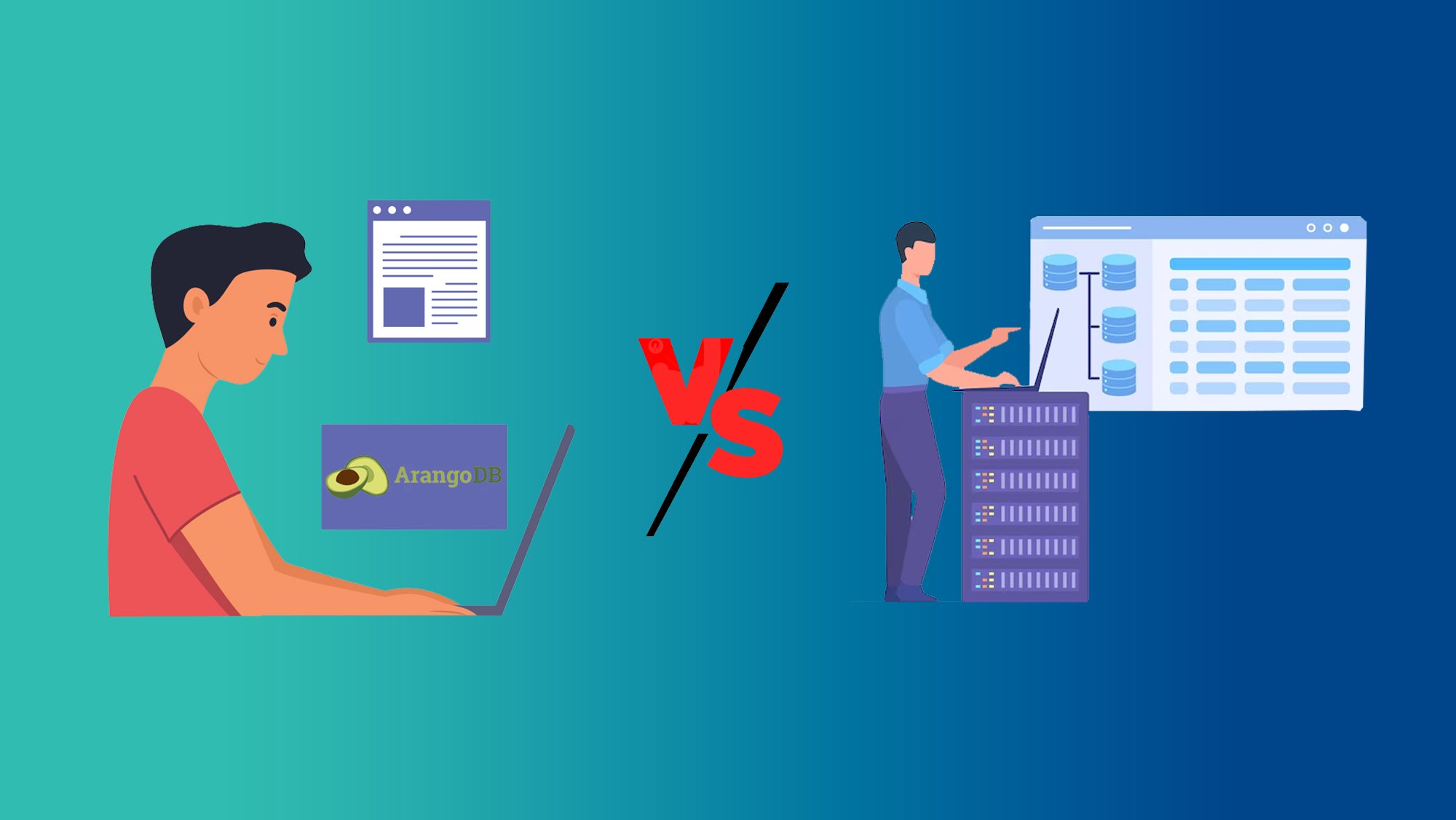VMware Vs Traditional IT: Uncovering the Advantages and Benefits
Introduction:
In the ever-evolving landscape of IT infrastructure, organizations are constantly seeking ways to optimize their operations, enhance efficiency, and streamline management. The emergence of virtualization technologies has revolutionized the way IT resources are deployed and managed, with VMware standing as a prominent leader in this space. In this comprehensive blog, we will delve into the comparison between VMware and traditional IT, uncovering the advantages and benefits that virtualization brings to the table.
Understanding VMware and Traditional IT
1. VMware: A Paradigm Shift in IT
VMware is a trailblazer in the virtualization domain, offering a suite of tools that enable organizations to create and manage virtualized environments. Its flagship product, VMware vSphere, transforms physical hardware into a pool of computing resources, allowing multiple virtual machines (VMs) to run on a single physical server.
2. Traditional IT: Conventional Infrastructure
Traditional IT, also known as a bare-metal approach, involves running individual operating systems and applications on dedicated physical servers. Each server requires separate hardware, resulting in higher costs, increased complexity, and inefficient resource utilization.
Uncovering the Advantages and Benefits of VMware
1. Enhanced Resource Utilization
Virtualization enables efficient resource utilization by allowing multiple VMs to share the same physical hardware. This consolidation leads to higher resource utilization, reduced hardware costs, and a smaller data center footprint.
2. Scalability and Flexibility
VMware offers dynamic scalability, allowing organizations to easily add or remove VMs as needed. This flexibility ensures that resources can be allocated based on demand, preventing overprovisioning and reducing waste.
3. Improved Disaster Recovery
Virtualization simplifies disaster recovery by enabling the creation of VM snapshots and replicas. In case of a hardware failure, VMs can be quickly restored from backups, minimizing downtime and data loss.
4. Efficient Testing and Development
VMware provides a sandbox environment for testing and development. Developers can create isolated VMs to test applications, configurations, and updates without impacting the production environment.
5. Rapid Provisioning
With virtualization, VMs can be provisioned in minutes rather than the hours or days required for physical servers. This rapid provisioning accelerates deployment and reduces time-to-market for new services.
6. Simplified Management
VMware's centralized management tools, such as vCenter Server, streamline tasks like VM provisioning, monitoring, and patching. This centralized approach enhances efficiency and reduces administrative overhead.
7. Cost Savings
Virtualization leads to significant cost savings through reduced hardware and energy costs, efficient resource utilization, and lower maintenance expenses associated with managing physical servers.
8. Green IT and Environmental Impact
By consolidating workloads onto fewer physical servers, virtualization contributes to a smaller carbon footprint. The reduced energy consumption aligns with sustainability initiatives and environmental goals.
9. Enhanced Security
VMware offers advanced security features, including isolation of VMs, network segmentation with VMware NSX, and encryption of VM data. These measures enhance data protection and mitigate security risks.
10. Business Continuity and High Availability
Virtualization improves business continuity through features like vMotion and High Availability (HA). VMs can be seamlessly moved between hosts, and HA ensures automatic VM restart in case of host failure.
Transitioning to the Virtual Era
The shift from traditional IT to virtualization represents a transformative journey that empowers organizations to maximize their IT investments, optimize operations, and achieve business goals with greater agility. VMware's comprehensive suite of tools provides the foundation for a virtualized infrastructure that delivers tangible advantages and benefits across various aspects of IT management.
Conclusion:
In the battle of VMware vs traditional IT, virtualization emerges as a clear winner, offering unmatched advantages and benefits that drive efficiency, scalability, and innovation. By adopting VMware's virtualization solutions, organizations can unlock the full potential of their IT resources, simplify management, reduce costs, and position themselves at the forefront of the digital revolution. As technology continues to evolve, embracing virtualization through VMware ensures that organizations are equipped to meet the demands of the modern IT landscape while achieving a competitive edge in the digital era.
You May Also Like
These Related Stories

Everything You Need To Know About Excel VBA Training

ArangoDB Vs Traditional Databases: Advantages and Use Cases




No Comments Yet
Let us know what you think